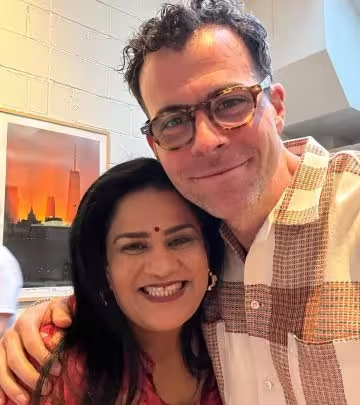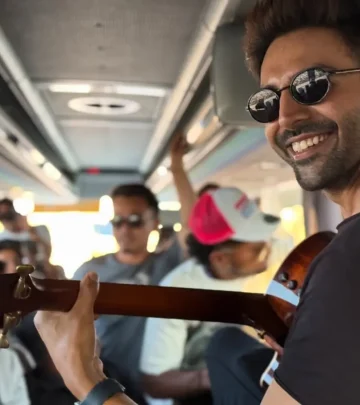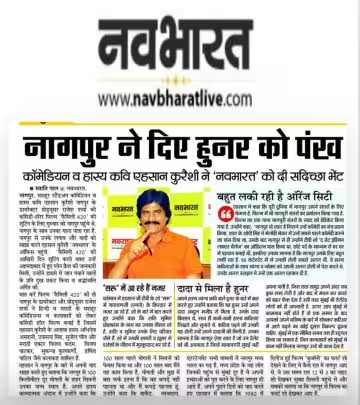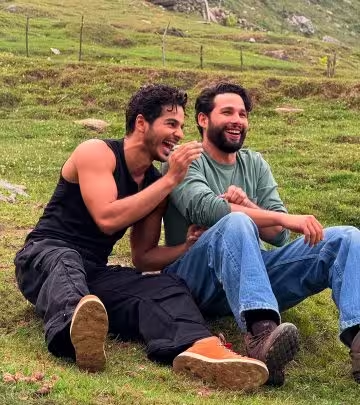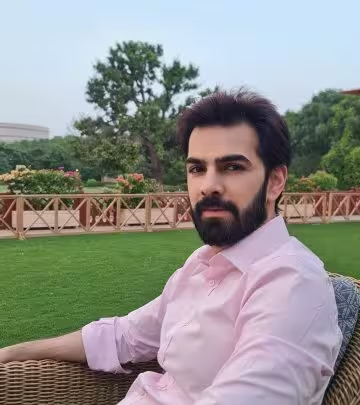Falguni’s Heartfelt Plea Amid Air India Tragedy
A moving appeal echoing grief and loss after the catastrophic Air India crash that stunned many.

Image: Instagram
In the wake of a heartbreaking tragedy, Falguni’s emotional appeal has resonated across social media and news outlets alike. With words that cut deep into the wounds of loss, she expressed a sentiment that many are struggling to come to terms with. “Can the compensation ever bring back my father? My mother is sick, and she needs my father. I need his love and affection. I will pay Rs 2 crore to them if they can bring back my father, who always preferred travelling Air India,” she lamented. The statement, originally reported by the Economic Times and amplified by Bollywood Society, has sparked both empathy and a broader discussion about the cost of loss and the irreversible nature of tragedy.
Falguni’s Painful Compensation Offer
Falguni’s words capture the irreparable gap that a loved one leaves behind. In a tone steeped in grief and urgency, she suggests that even financial compensation can hardly fill the void created by her father’s untimely death. It is a plea from the heart—a bitter reminder that no amount of money can replace the lost moments of love, care, and shared memories. Her mention of the sum of Rs 2 crore is not so much about the monetary value as it is about quantifying the depth of her sorrow. The reference to his fondness for Air India, a detail that might seem trivial to outsiders, underscores a life lived with certain passions and personal preferences, making his absence even more palpable.
Deep Grief And The Ripple Effect
The broader impact of the tragedy is evident in the collective state of shock and mourning that has gripped the community and the families affected. As news of the incident spread, accounts of personal loss have surfaced on multiple platforms. The emotional tone of Falguni’s appeal is not unique; it reverberates with the sentiments of others who have lost loved ones in the same catastrophic flight incident. While official statements have confirmed the severity of the crash and heighten fears for local residents, individual stories like Falguni’s bring a human face to the numbers and details that flood headlines.
A recent Instagram post by the Bollywood Society, which shared this painful appeal, put a spotlight on a moment that is both personal and universal in its distress. The image accompanying the post – a raw portrayal of deep sorrow – complements the narrative of loss and the search for a semblance of comfort amidst chaos. The visual, much like her words, speaks to anyone who has ever experienced the sting of bereavement.
Understanding The Personal Cost
Behind every statistic and every news headline is a trail of personal stories laden with grief. Falguni’s plea is a reminder of the high personal cost of such tragedies. The loss of a parent leaves behind a void that no sum can fill, regardless of its size. This sentiment is further echoed by other social media posts and related content, including a number of tribute messages and reflective captions from various users who have faced similar feelings of loss. The depth of emotion in these messages underscores a shared human experience—a collective mourning for a life cut short and the unbridgeable gap left in its wake.
In a climate where news of disasters often comes in a rapid stream, it is crucial to pause and reflect on the individual narratives weaving the broader tapestry of crisis. Falguni’s statement raises poignant questions about how we measure loss and the limits of compensation. Despite the financial figure mentioned, her words remind us that the true value of a loved one far exceeds monetary worth. The conversation that follows such a revelation is a tough but needed one—about the profound impacts of loss and the ways in which communities support one another during such trying times.
Community Response And Ongoing Investigations
As rescue efforts and investigations continue into the circumstances surrounding the crash, authorities are working diligently to piece together every detail of the incident. The emotional toll on the families affected is immense, with community leaders and local organizations stepping in to offer support. Amid the ongoing investigations, the focus remains not just on accountability or the factual recounting of events but on providing solace to those left behind. Falguni’s account, though steeped in personal grief, symbolizes the broader struggle to come to terms with tragedy while grappling with the notion of compensation in the face of irreparable loss.
This incident, and the cascade of stories emerging from it, highlight a broader commentary on how societies respond to disasters. While the question of financial reparation is frequently raised, the conversations sparked by such appeals drive home the reality—no amount of money can truly bring back what has been lost. The immediate focus, therefore, is on healing, community support, and navigating the complex paths of grief and remembrance.
In the end, Falguni’s poignant words serve as an enduring reminder of the human cost behind headlines. As investigations continue and communities rally together, the true aim remains to honor and remember those who can no longer be with us. The echoes of this tragedy will undoubtedly shape conversations in the days to come, urging us all to reflect on the value of life and the irreplaceable nature of human love and connection.
Read full bio of Jehangir Irroni




